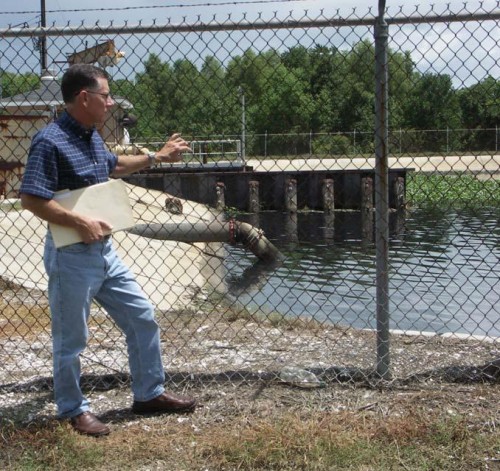
Residents raising a stink brings results on sewage odor
July 26, 2011Samuel Harvey Sr.
July 28, 2011Radio is fascinating medium. In fact, it is a medium of paradoxes. Radio is everywhere, in elevators, in restaurants, in grocery stores, in our cars. It provides us with all types of entertainment yet it is not considered a prime entertainment medium. We get news from radio, but it is not a prime news medium. Truth is, we often use radio as a background medium. It’s there but it’s not.
More than 15,000 stations operate in the United States and advertisers spend more than $10 billion annually. It is a business that just keeps growing, and from that point of view, it is an economics powerhouse. What most people don’t realize, however, is when it was in its dying throes (or so many experts thought), it became a sociological powerhouse.
Let me tell you how.
By 1950, television was in the midst of overtaking radio as the national medium. The radio networks themselves made it an easy coup d’etat since radio set the stage for television by developing the commercial base as well as the format and infrastructure for broadcasting. For example, the NBC Radio Network and CBS Radio Network simply became NBC and CBS television networks.
What radio developed in format, comedies, thrillers, Westerns, music shows, television essentially stole. So what Americans were left with were big boxes that spoke as opposed to big boxes that spoke and provided pictures. Radio, essentially, looked as though it would soon be as extinct as dinosaurs.
What many didn’t appreciate, however, was radio had certain advantages over television. It demanded less attention than television; it could be perceived almost unconsciously as a background medium; the airwaves allowed for more diversification; and, at the time it was superior to television as a music medium.
This last point is where I’m going to get all sociological on you.
And it happened in three quick phases. First, it began with the development of the transistor in the early 1950s. Second, once radio could be miniaturized, it could be placed in cars. Third, as you know, the post-war years of the 1950s were boom years in which more and more families acquired a second car. Fourth, to help it survive the onslaught of television, radio put forth a new style of music that would be its salvation: Rock and Roll, music that at its core was anti-establishment.
So what happens? Teenagers find a type of music that is almost exclusively aimed at them. At the same time, the second family car provides young people (for the first time in history) a means to physically escape their parents domain/discipline while at the same time the music in that car is telling them that’s exactly what they should be doing.
By the 1960s, that music is even more strongly anti-establishment and we begin to see the emergence of drugs in society, the anti-war/anti-establishment rhetoric from young people regarding Vietnam, and the emergence of the flower child generation. In short, we see a different kind of youth than at any other time in our history. What we learned from this is that communication is important in ways we never envisioned. Just like the invention of the light bulb changed the way in which we lived, so did radio, teenagers in automobiles, and rock ‘n’ roll. It just happened in a way we never considered.
Now I’m not about to blame (applaud?) all this sociological change on radio alone. Television certainly helped speed up the social changes, as did the economic good times of the 1950s and the years that followed.
But was radio’s impact a big part of what happened? Darn right it was.






